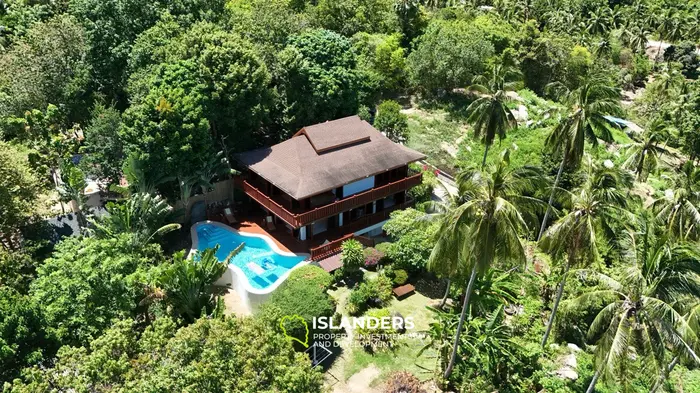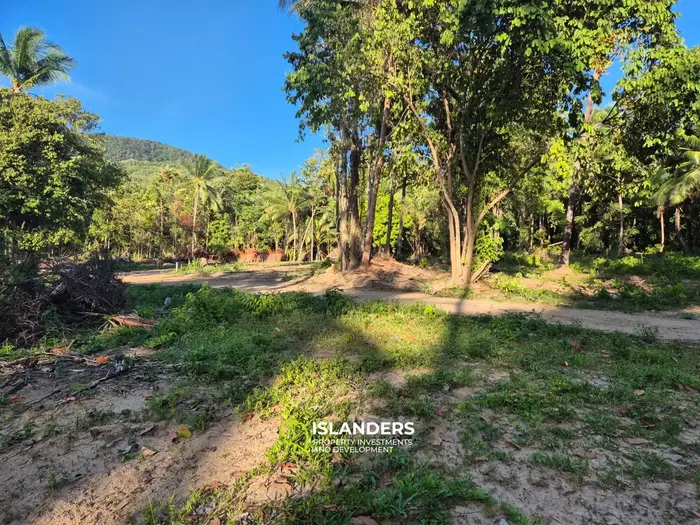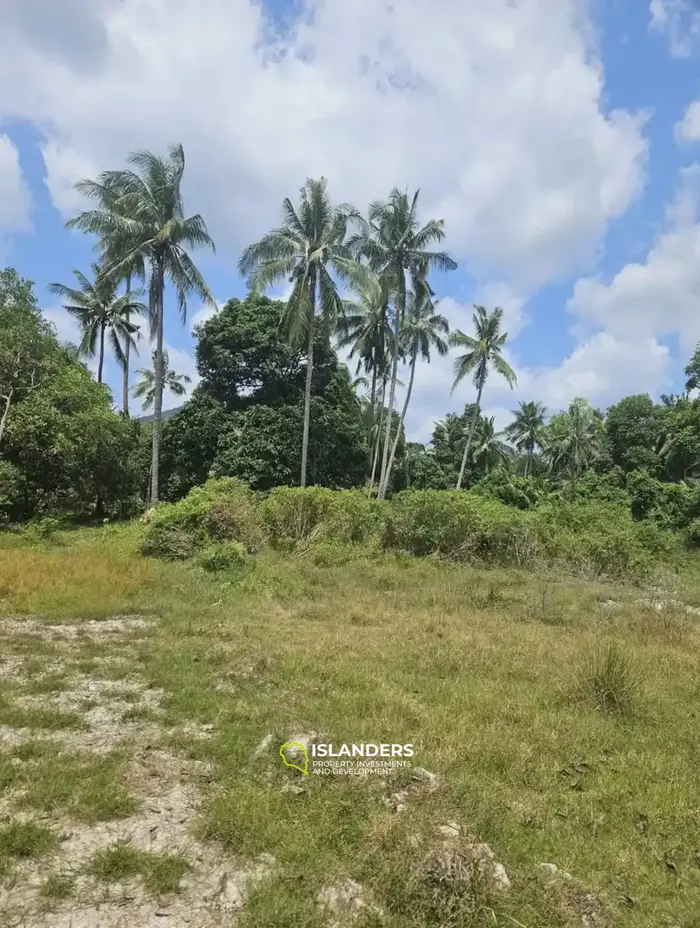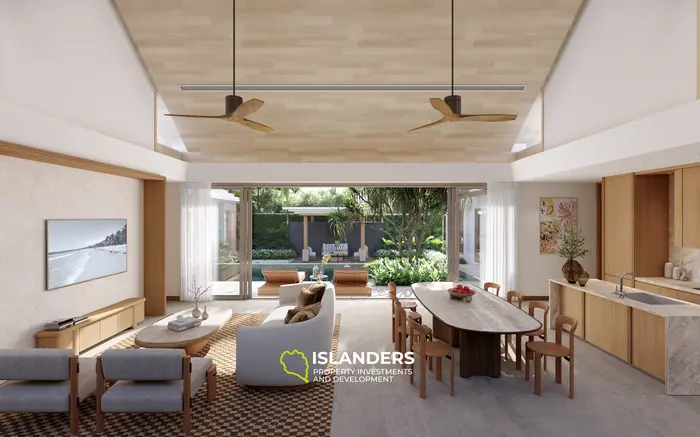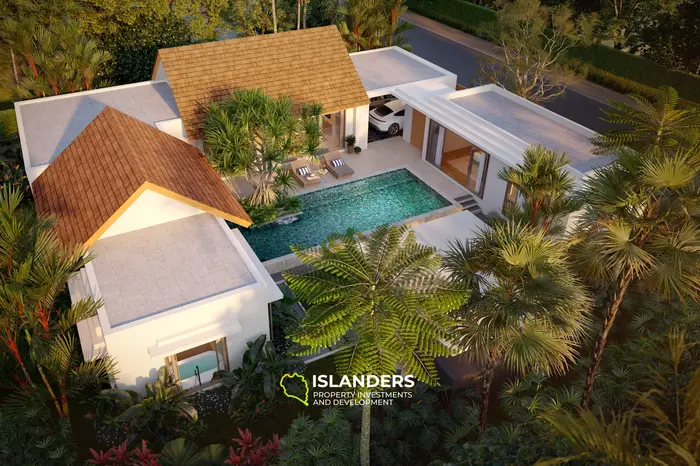Getting around Thailand by bike is not
only convenient, it is often the only right decision. In a country where
traffic jams are common and public transport is not always convenient, scooters
and motorcycles are the most popular means of transport. They are used by both
locals and tourists because they are the fastest, most economical and mobile
way to get from point A to point B.
The advantage of a bike in Thailand The
main thing is freedom of movement. You don’t need to adjust to the public
transport schedule, overpay for a taxi or sit in traffic jams. This is
especially true on the islands and in resort towns, where the distance between
beaches, hotels and attractions is quite large.
Buying your own bike, as opposed to
renting one, allows you to save a lot of money during a long stay in the
country. For example, renting a bike costs an average of 200-300 baht per day,
which is 6,000-9,000 baht per month. At the same time, a used scooter can be
bought for 25,000-40,000 baht, a new one - from 50,000 baht. If you plan to
stay in the country for more than two or three months, buying will be more
profitable than renting.
However, before buying a bike in
Thailand, it is important to understand which model will suit you, where it is
better to organize the purchase and what documents need to be prepared. Let's
look at this in order.
How to choose a bike in Thailand?
The choice of bike depends on your mood.
Some people are looking for a comfortable scooter for the city, some want a
motorcycle for mountain trips, and some want an economical model for beach
routes.
There are three most common types of motorcycles
found in Thailand:
●
Mopeds are light and low-power
models (up to 50 cc). They were practically not used in Thailand, as they were
replaced by more convenient scooters long ago.
●
Scooters are the most common form
of transport among tourists and locals. They are easy to operate, have an
automatic transmission and save fuel. Come to the city ride and visit the
island.
●
Motorcycles are powerful bikes
with a manual transmission. Suitable for long trips and for those who love
speed or are planning a trip through the mountains.
The most popular bike models in Thailand
are:
●
Honda Click 125i/150i is a
lightweight, economical and reliable scooter, perfect for the city and resort
areas.
●
Yamaha NMax 155 – more visible and
comfortable, suitable for long trips.
●
Honda PCX 160 is a larger scooter
with a spacious trunk, convenient for two people.
●
Honda CRF 250L / 300L – for
off-road and mountain routes.
●
Kawasaki Ninja 400 – if you need a
real motorcycle with good dynamics.
Before buying, it is important to check
the technical condition of the bike. Pay attention to the mileage, condition of
the tires, brakes and shock absorbers. If the bike has already been used for
rent, its technical condition may be worse, as such scooters are often
delivered without proper care.
Where to buy a bike in Thailand?
There are several ways to buy a bike in
Thailand: through official dealers, on the secondary market, or from other
tourists leaving the country. Each of these options has its pros and cons.
Purchase from official dealers
Official dealerships of Honda, Yamaha and
other manufacturers can be found in major cities. Only new bikes are sold here,
which guarantees their excellent condition, and also allows you to arrange
insurance and registration without unnecessary problems. When buying a bike
from a dealer, you add backup copies and the possibility of maintenance in a
service center. However, the cost of new models is higher than on the secondary
market, and, as a rule, a residence permit or a secret driver's license is
required to complete the purchase.
Buying through private ads and forums
If you want to buy a bike in Thailand
cheaper, you can look for offers on Facebook Marketplace, Bahtsold, Kaidee and
in groups for expats. Here you can find used models in good condition, but
before buying it is important to check the documents. The sale must have a
Green Book (registration certificate), as well as a paper on the last
registration. It is also worth making sure that the bike has no outstanding
fines.
What to look for before purchasing:
●
Condition of tires, brakes and
shock absorbers.
●
Availability of a Green Book and
the possibility of registering the bike in your name.
●
Mileage and appearance - if the
bike is too worn out, it is better to look for another option.
Buying from tourists leaving the country
Many foreigners, leaving Thailand, sell
their bikes at a reduced price, as they want to get rid of them quickly. This
option is profitable, as you can find a new bike with low mileage. However,
there is a risk that the documents will be issued in the name of the owner,
re-registration can take time.
Where to buy a bike in Pattaya, Phuket and Bangkok?
Depending on the region, you can choose
different purchase options:
●
Bangkok has the largest selection
of official dealers and global companies, the lowest prices.
●
Pattaya has a thriving used bike
market, but you need to check the paperwork carefully.
●
In Phuket, prices are higher due
to the large number of tourists, but you can find good deals from expats
leaving.
If you want to save money, it is worth
buying a bike in Bangkok and then transporting it to the islands - the
difference in price can vary.
How much does a bike cost in Thailand?
The price of a bike in Thailand depends
on several factors: whether it is new or used, what model, and the conditions
under which the purchase is made. A new scooter, for example, a Honda Click
125i, will then cost 50,000–60,000 baht, while a Yamaha NMax 155 costs
70,000–85,000 baht, and a more comfortable Honda PCX 160 costs 90,000 baht and
up. Prices for motorcycles vary even more: a Kawasaki Ninja 400 costs around
220,000 baht, and more powerful models can exceed 600,000 baht.
Used bikes are better value. Basic Honda
Click and Yamaha NMax models can be found for 20,000–40,000 baht if the bike is
a few years old. Nearly new scooters with low mileage will cost 40,000–50,000
baht. There are also good options on the used motorcycle market, but it is
important to check the technical condition and documents.
The region of purchase also plays a role.
In Bangkok, prices are the lowest, as competition between sellers is higher. In
Pattaya, the choice is good, but there are many scooters that were previously
rented. In Phuket, bikes are more expensive, because demand from tourists is
higher, and local sellers actively take advantage of this. If possible, it is
more profitable to buy a scooter in Phuket not from local dealers, but to bring
it from Bangkok.
In addition to buying the bike itself,
there are additional costs that cannot be avoided. Registration and obtaining a
Green Book will cost 1,000-1,500 baht, mandatory insurance costs about 600 baht
per year, and if you need full protection against damage and theft, the
consequences will arise from 4,000 baht per year. Also, do not forget about a
helmet, which costs from 300 to 1,500 baht, and regular maintenance.
How to register a bike in your name?
Buying a bike in Thailand is just the
first step. To ride without problems, it is important to fill out all the
documents correctly. Unlike renting, where a passport and a deposit are enough,
registering a bike in your name requires a little more attention.
What documents are needed to buy a bike in Thailand?
When buying a new bike from a motorcycle
dealership or from a private individual, you need to make sure:
●
A foreign passport is the main
document certifying the buyer’s identity.
●
Visa or stamp to enter the country
- in some cases, a visa to exit is required rather than a tourist stamp.
●
The issue of accommodation in
Thailand can be concluded with a lease agreement or a certificate from the
immigration service.
If you are buying a bike from a private
individual, you must make sure that the seller has a Green Book (registration
certificate) and agrees to the re-registration.
How to register a bike and get a Green Book?
Registration is carried out at the
Department of Land Transport (DLT), where you must go together with the seller
(if the bike is used) or complete all the paperwork at once when buying a new
one. The process includes:
- Filling out an application for change of ownership.
- Check the
technical condition of the bike.
- Payment of
the organizational fee.
- Receiving a new Green Book with your name on it.
The procedure takes 1-2 weeks, the cost
varies from 1,000 to 1,500 baht.
Do I need to get secret numbers and insurance?
The numbers are issued immediately upon
registration of the bike. If you buy a new bike from an authorized dealer, they
can do all the paperwork for you. Insurance is mandatory - without it, you are
prohibited from leaving. Standard civil insurance (CTPL) covers only minimal
medical expenses and costs about 600 baht per year. Full insurance coverage,
including damage and theft, costs from 4,000 baht.
Is it possible to drive without a license?
This question worries many tourists, but
the answer is clear: no, you can't ride in Thailand without a license. Even if
the bike was bought in your name, if you meet the police, the lack of a license
will result in a fine.
Several types of licenses are suitable.
The International Driving Permit (IDP), issued by the Geneva Conference of
1968, is recognized in Thailand and allows you to drive a motorcycle. If you
have a refugee license with category A, but without an international license,
the situation is more complicated: some police officers may accept it, others -
not. In this case, it is better to get a secret license, which can be issued on
the basis of Russia.
The fine for driving without a license is
500-2,000 baht, but if there is repeated damage, the bike may even be
confiscated. Another nuance is insurance. If you do not have a license, the
insurance company will not pay electricity in the event of an accident, even if
you are not at fault.
If you plan to stay in the country, it is
better to legalize your Russian license. To do this, you need to contact the
Department of Land Transport (DLT), undergo a medical examination, submit
documents and pass an exam. Thai licenses are issued for 2 years, then they can
be extended for 10 years.
How to avoid problems with the police and fines?
Thai police regularly check bikes,
especially in tourist areas, so it's best to know in advance how to behave at a
bus stop, what documents you should have, and what you'll most often get fined
for.
How to behave correctly at a police stop?
If you are stopped by the police, the
main thing is not to panic and not try to drive away. This is common practice,
especially in Phuket, Pattaya and Bangkok. Patrol officers check documents and
insurance, and also look for drivers without a license. What to do:
●
Turn off the engine and remove the
helmet.
●
Say hello politely, without being
rude or irritated.
●
Provide documents (license, Green
Book, insurance) if asked.
●
If everything is okay with you,
you will be released in a couple of minutes.
What documents are checked most often?
●
Driving license (international or
secret).
●
Insurance (CTPL) is a mandatory
policy issued when registering a bike.
●
Green Book - don't always check
it, but it's better to carry it with you.
Typical tourist violations and how to avoid them
Most often, fines are issued for:
●
Driving without a license - fine
500–2000 baht.
●
Lack of helmet - fine 500-1000
baht.
●
Driving on the wrong side of the
road - fine 500 baht.
●
Crossing a solid line - fine 500
baht.
●
Driving without insurance - fine
500–1000 baht.
To avoid fines, follow the rules and
carry all documents with you. If you have everything in order, the police will
let you go without problems.
Tips for using a motorbike in Thailand
Basic Road Rules for Motorcyclists
Traffic in Thailand is on the left, which
may be unusual for tourists. Bikes are quite full-fledged participants in the
traffic, but car drivers often do not notice them, so you need to drive
carefully.
It is important to remember:
●
In cities the speed limit is 50-60
km/h, on highways – up to 90 km/h.
●
At red lights, bikes must stop,
although this is often ignored in the vicinity.
●
Pedestrians are rarely given way,
so it's best not to assume that they'll give way to you.
Where to fill up and how much does petrol cost?
In Thailand, petrol is sold both at
regular petrol stations and in expensive bottles on the roadside. The latter
option is more expensive and may be of lower quality. It is better to fill up
at PTT, Bangchak, Shell, where the fuel always meets the standards.
The price of gasoline is 40-45 baht per
liter. A full tank is enough for an average of 150-200 km.
Where is the best place to park to avoid fines?
In Thailand, bikes can be parked almost
anywhere, but large cities and resort areas have their own rules.
Best place to park:
●
Special parking lots near shopping
centers and markets (usually free).
●
Official parking on the beach.
●
Hotels and condominiums (if you
live in one).
Parking is possible:
●
On the sidewalks in the city
center.
●
Near intersections and crossings.
●
Where there are signs saying
"No Parking".
If the bike has been towed, it can be
picked up from the impound lot by paying a fine of 500-1000 baht.
How to avoid accidents and fines?
●
Don't speed, especially on wet
roads - rain makes the road surface very slippery.
●
Don't trust Thai drivers - they
rarely look in their mirrors and can change lanes immediately.
●
Be careful at intersections - in
Thailand people often drive through red lights.
●
Don't drink before you travel -
drunk driving carries a fine of 10,000+ baht and may result in no visa.
The rule is to be careful and not try to
drive like the nearby ones. Thais have their own driving style, tourists should
be careful.
Conclusion
Buying a bike in Thailand is a good
solution for those who plan to stay in the country. It is not only more
convenient than renting, but also more profitable if you live in Thailand for
more than two or three months. The choice between a new and used bike depends
on your budget and preferences: new models are more expensive, but do not
require investment in repairs, while used ones can be much cheaper, but require
careful inspection.
Buying from an official dealer is a
guarantee and convenience, but it costs more. Buying from someone allows you to
save money, but requires checking the documents and technical condition. In any
case, registering the bike, insurance and driver's license are mandatory,
without which serious problems with the police may arise.
Is it worth buying a bike if you are
coming for a couple of weeks? Most likely, no - in this case, it is easier to
rent one. But if you live in the country for at least a few months, buying is
the right decision. The main thing is to follow local laws, not break the rules
and drive carefully, because the traffic in Thailand is significantly different
from what you are used to.


